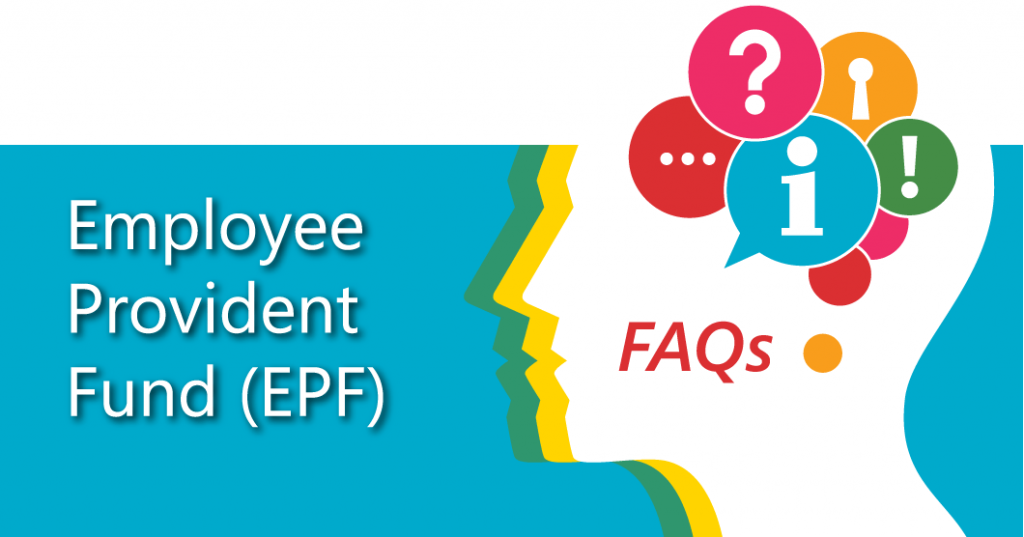
Employee Provident Fund (EPF) is the main scheme under the Employees’ Provident Funds and Miscellaneous Provisions Act, 1952. Under the scheme, employees are obliged to contribute towards the scheme, with an equal, corresponding contribution being paid by the employer. Prior to the Coronavirus pandemic, employees earning less than INR 15,000 per month were required to become members of EPF scheme mandatorily. While those drawing a salary above the aforementioned threshold could avail of either a private or government scheme.
After the imposition of the lockdown the Employees’ Provident Fund Organisation has brought in measures that affect both employers and employees. The changes are summarised as follows:
1. Non-Refundable Advance: A member under the scheme is allowed to withdraw 75 percent of the credit standing in his account or three months of wages, whichever is lower.
2. Pradhan Mantri Gareeb Kalyan Yojana (PMGKY): Under this scheme, the government will cover both the employee’s and employer’s contribution to the EPF account. This applies to establishments with less than 100 employees out of which 90% are earning less than INR 15,000 per month. The scheme is valid from March to May 2020 and is applicable even to exempted establishments provided they fulfill the above criteria.
It is clear that the government aims to address liquidity concerns amongst MSMEs and provide low wage earners with a safety net. In this article, we are going to address some FAQs on EPF contributions, manner of payment and filing of claims.
1. Does the above by implication allow establishments outside the scope of the above notifications to reduce contribution payments?
No, the act is a mandatory statutory benefit and cannot be reduced or withheld from an employee. Irrespective of the financial difficulties faced by an employer, he/she is not at liberty to deduct any amount from the quantum of contribution. Any such act by a commission of an offense under the act makes the employer liable to pay damages for default. Section-32A deals with payment of damages for default in payment of any contribution. It states that the Central Provident Fund Commissioner or an officer authorised by the Central Government may recover damages and prescribes the rates on the basis of the period of default. Therefore, Simpliance would advise that businesses continue to comply with all rules and regulations issued by the Employees’ Provident Fund, Organization.
2. Are employees who are hired through a contractor counted with regards to the number to fulfill the threshold?
No, the employees who are hired through a contractor cannot be counted towards the number to fulfill the threshold as these employees would be covered under the PF establishment code under the contractor and such contractors may be eligible for this relief subject to the criteria’s met.
3. Are employees that are not members of the EPF scheme eligible under PMGKY?
No, an employee must have previously been a member of the EPF scheme, 1952 and/or Employees’ Pension Scheme, 1995. Additionally, the member’s contributions must have been received for any period from September 2019 to February 2020 in the ECR filed by an establishment seeking to avail the PMGKY scheme.
4. How do I avail of the benefits provided under PMGKY?
An establishment must satisfy the aforementioned eligibility criteria and submit a declaration. It must affirm the total number of employees and those earning wages less than INR 15,000 per month. In case an employer has several branches and excluded employees he may differ with the declaration, in which case no benefit shall be granted.
The declaration must be submitted for a three month period from March-May 2020, respectively. After it is submitted, the process to file ECR remains the same. For establishments that have complied with the declaration, the system checks the ECR file to ascertain the number of employees. It then calculates the percentage of those earning less than the specified threshold. If these are complied with, it proceeds to validate the UAN following which benefits are provided.
The above FAQ was developed on the basis of queries received from Simpliance clients. If you have any queries or clarifications please drop them in the comments section below.

Animay Singh
Biography

Dear Sir
Here my query is that earning wages less than INR 15,000 per month for benefit of PMGKY so wich salry should be consider for earning wages is basic Salary or Gross salary employee earned.
i.e if gross is Rs 24500/- and Basic is Rs 10000/- so which should be consider for 90% criteria,
Wages are always count as MW, so on what amount you are calculating PF contribution on that amount only you can consider.
Hi,
For availing benefit under PMGKY you must consider wages, the following would be the appropriate manner in which to do the same:
In the case of Surya Roshni v EPFO, the Supreme Court held that the following constitute part of wages for the calculation of PF contribution:
a) Basic
b) Dearness Allowance
c) Conveyance Allowance
d) Other Allowance Special Allowance
e) LTA
f) Fixed Allowance (In the form of Telephone, Food Allowance etc)
g) Petrol Reimbursement (without bills and without supporting documentation/data to substantiate the reimbursement is for official purposes)
h) Retaining Allowance
i) City Compensatory Allowance or any other allowance paid as Fixed component, uniformly and universally having no direct nexus to the outcome of an employee’s normal work.
In your case, the basic is Rs. 10,000/-, if there are any other allowances/reimbursements that fall under the above categories they would need to be added to the basic to ascertain whether the same comes within the threshold of Rs. 15,000/-. Any allowances/emoluments not falling under the above categories do not come under the scope of wages for the purpose of calculation of Provident Fund contribution or PMGKY eligibility.